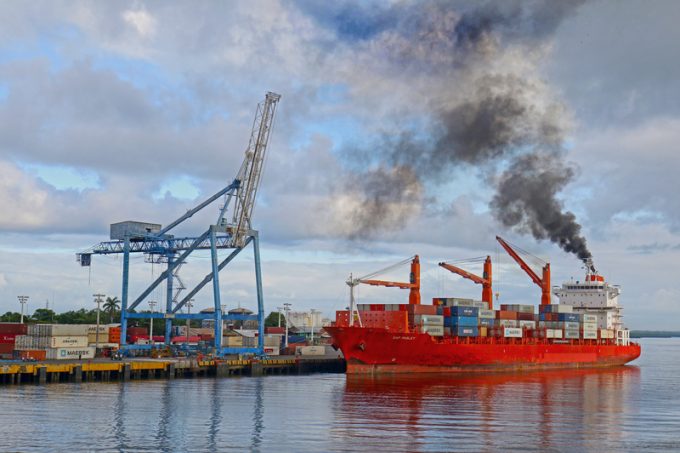Hutchison megadeal reveals dark side of container shipping
What money cannot buy

The inconclusive outcome of IMO’s Meeting of the Environmental Protection Committee (MEPC 82) has set the stage for a major clash at next year’s event, in April, with sentiment appearing to lean towards a flat fee per tonne of CO2 emitted.
The Carbon Intensity Index (CII) ...

Comment on this article